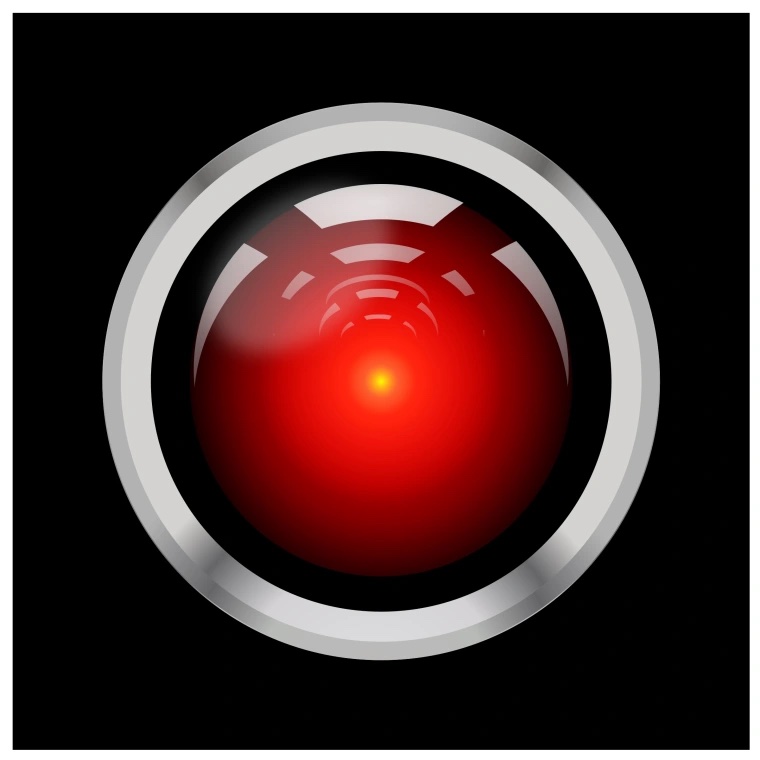Since the dawn of man, the concept of having artificial intelligence has orbited around serviced robots for male satisfaction. Fortunately, men aren’t the only dwellers on the planet. But even with the progression in women’s and queer rights influencing broader representation in media and technological advancements, the depiction of sexualizable, “housewife” fembots is still the default when having female characteristics morphed with mecha.

And since the dawn of AI was the mission to develop an AI model that can mimic human speech and behavior. Post-Turing Test, there is lots of discussion surrounding how to give your AI chatbot a dazzling personality by coding conversation openers, “Certainly!”s in response to being asked a question, and conversation closers. And even apologizing if it gave an error in its response. Every day, there are more and more developments surrounding the evolution of personality AI, from scholarly articles to casual forums. However, one question remains: Is there any progressive value in seamlessly incorporating uniquely human personality aspects into artificial intelligence?

But contrary to the start, the purpose of this post is to share the fact that there is artificial intelligence being put to use outside of keeping some people company. In Bengalaru, India (formerly known as Bangalore), the agricultural industry is starting to implement “Smart Farming” which analyzes the data collected by accessories that measure solar exposure, temperature, humidity, etc. Synthesizing information for people who may not know what to do with the data, the AI is then able to implement strategies for how to manage the crops.
This article also provides a little more context as to just how revolutionary this is not to just the agricultural industry in India, but the livelihood of the society who face financial hardships by relying on farms: https://www.weforum.org/agenda/2024/01/how-indias-ai-agriculture-boom-could-inspire-the-world/
The news coverage on technological advancements in these areas seems underexposed as attention-grabbing chatbots going psychotic or Meta’s data collection oversaturates the tech news sectors. I believe articles like these serve as an important reminder that humans as a collective need to collaborate in utilizing AI in ways that better society rather than being occupied with subservient semi-sentient entities.

The AI farming implementation in Bengaluru is an exemplary example that AI can be used as an expendable labor force, cut costs, and reduce risks without a consciousness that could drive it to kill us in our sleep.
I believe it’s evident that humans only “love” AI until we can’t tell it what to do anymore.
Questions for Discussion:
- What, if there is, the optimal direction for AI?
- Is it possible to fully implement AI across different industries without risking employment rates?
- Besides customer service, is there any other benefits to incorporating personality into AI?
- What would it take to change the perception of AI in society?
Related reads:
- https://www.wired.com/2015/04/ex-machina-turing-bechdel-test/
- https://www.hansonrobotics.com/personality-in-ai-why-someday-soon-your-toaster-could-be-an-extrovert/
- https://analyticsindiamag.com/can-ai-develop-a-personality/
- https://www.ncbi.nlm.nih.gov/pmc/articles/PMC9131250/
- https://www.forbes.com/sites/bernardmarr/2019/08/02/why-ai-and-chatbots-need-personality/?sh=144c296614f8
- https://www.theguardian.com/film/2015/jan/15/ex-machina-sexy-female-robots-scifi-film-obsession

Leave a Reply